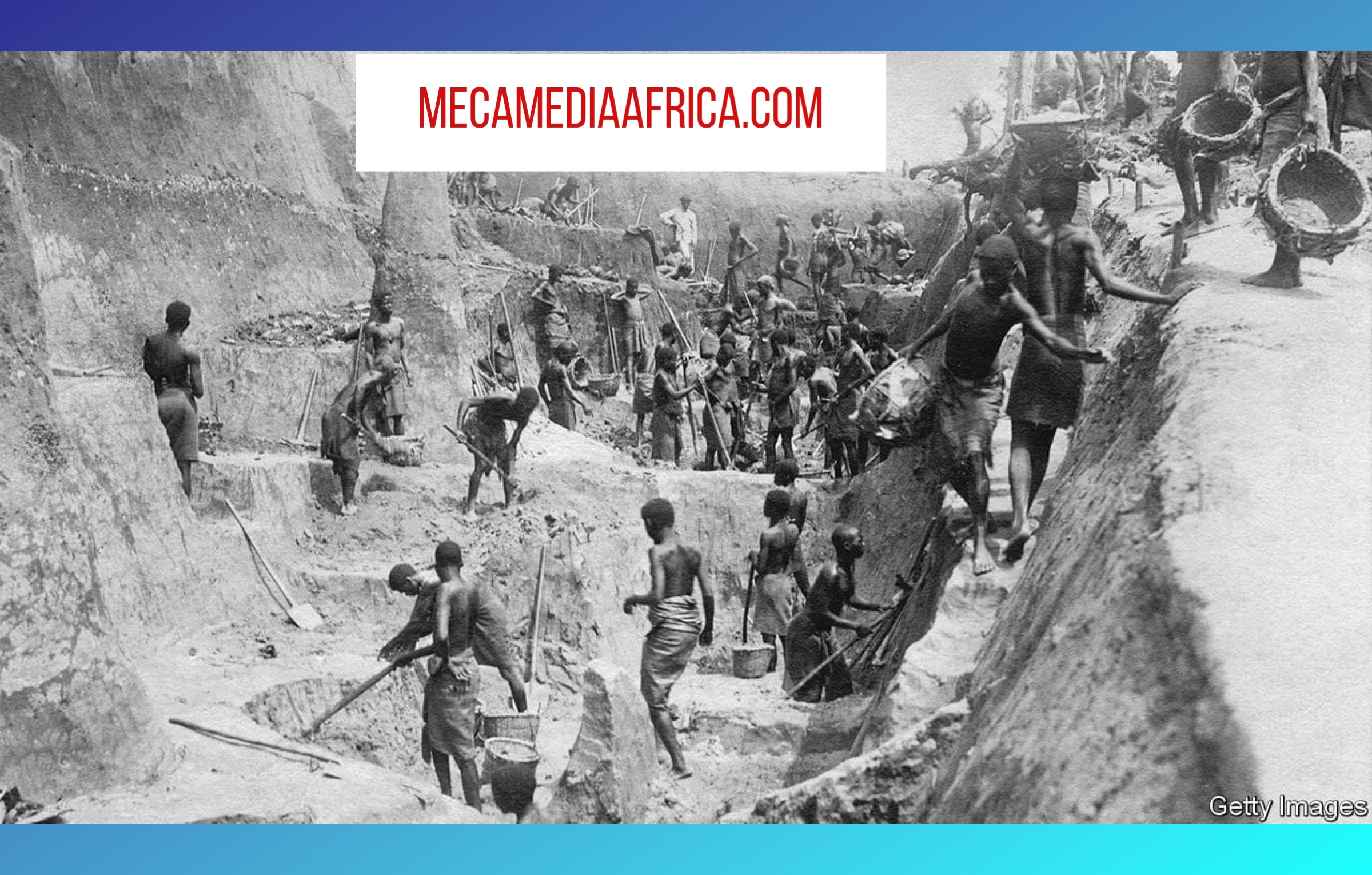DRC Citizenship Debate: Why Not Grant Citizenship to Everyone Living in Congo in 1960?
One of the most sensitive debates in the history of the Democratic Republic of Congo (DRC) is the question of citizenship immediately after independence in 1960. Instead of adopting a simple rule that “everyone living in Congo during the colonial period is a Congolese citizen,” lawmakers inserted strict conditions: only ethnic groups that could prove their presence within Congo’s borders as of June 30, 1960 were considered citizens.
This decision has had long-lasting political and social consequences, especially in the eastern regions like North Kivu and South Kivu.
📌 Why Did Congo Choose This Path?
1️⃣ Fear of Mass Immigration During Colonial Times
During Belgian colonial rule, tens of thousands of migrants from Rwanda and Burundi – mostly known as Banyarwanda and Barundi – were brought into Kivu to work in agriculture and plantations.
If the citizenship law had declared all residents in 1960 as Congolese, this large population of migrants would have automatically become citizens. Congolese leaders feared losing political and cultural control of their land.
2️⃣ Protecting Land and Ethnic Identity
Land in eastern Congo is central to both livelihood and political power. Communities such as the Bashi, Bafuliiru, Bavira and Babembe feared that granting automatic citizenship would empower Rwandan migrants to claim land and political authority.
3️⃣ Legacy of Belgian Colonial Divide-and-Rule
The Belgian administration deliberately restricted higher education for Congolese, while promoting ethnic divisions. After independence, leaders wanted to draw a clear line between “authentic Congolese citizens” and those seen as beneficiaries of colonial migration programs.
4️⃣ National Politics and the Fear of “State Capture”
Post-independence laws – the 1960 Constitution of Congo, later the 1972 and 1981 nationality laws – explicitly defined citizenship based on ethnic groups present before independence. The intention was to prevent what leaders perceived as a “foreign takeover” of Congo’s institutions and resources.
⚖️ Summary
Congo’s lawmakers deliberately avoided granting citizenship to all residents of 1960 in order to:
- Protect political sovereignty and cultural identity.
- Prevent mass claims to land and political positions by colonial-era migrants (mainly Banyarwanda and Barundi).
- Distinguish between indigenous Congolese and colonial-era settlers.
Yet, this legal framework also created today’s unresolved identity conflicts in eastern Congo, fueling disputes over land, citizenship, and belonging.
👉 The lingering question remains: Did this decision protect the Congolese nation, or did it plant the seeds of today’s crisis over “Who is truly Congolese?”
✍️ Author: Mangwa
📖 Read more: MecaMediaAfrica.com
#DRC #History #Citizenship #Kivu #Rwanda #Burundi #IdentityCrisis #ColonialLegacy

